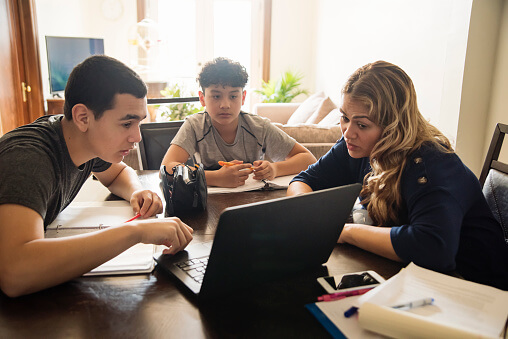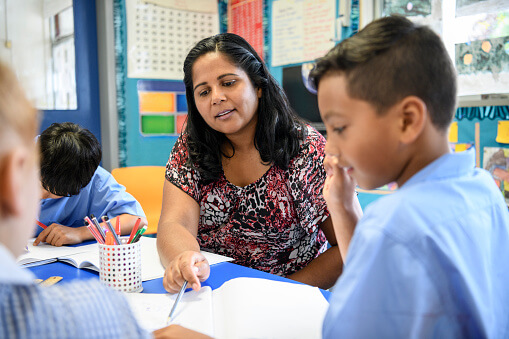
Acronym Database
Database of commonly used acronyms in special population meetings from Texas Project First.
As parents, it is important to advocate for your children in their various programming meetings. Programming meetings are specialized meetings where the campus discusses the supports that are provided for your student. These meetings are very important because they help the school adjust the curriculum to meet the needs of your child and to provide a more equitable environment. The Texas State Plan for the Education of Gifted/Talented Students requires that all children in special populations that are also G/T students have their needs met when they take part in the academic setting. Your child may be receiving multiple services in addition to G/T services and all are important to the academic success of your child.
4.9 in the Texas State Plan for the Education of Gifted Talented Students says “Educators adapt and/or modify the core or standard curriculum to meet the needs of gifted/talented students and those with special needs such as twice-exceptional, highly gifted, and English learners.”
Parents/guardians may choose to use any or all of these questions before, during, and after Admission, Review, Dismissal (ARD) Special Education meetings. Students receiving Gifted/Talented services must have their needs met in all specialized programs in addition to their Gifted/Talented services.

Database of commonly used acronyms in special population meetings from Texas Project First.

Learn about the special education process and of your rights and responsibilities to support your child's service decisions.
The purpose of the Language Proficiency Assessment Committee (LPAC) is to meet and:
It is important to understand that there are typically 3 meetings that may take place:
A meeting must take place within 20 school days of your child’s enrollment into the school.

Information and accessible resources for parents and families of English learners.

Learn more about Bilingual Education programs, the process for identifying English learners (ELs) and approved service models.

Learn more about Bilingual Education programs, the process for identifying English learners (ELs) and approved service models.

Learn more about Bilingual Education programs, the process for identifying English learners (ELs) and approved service models.

Your rights as a parent/guardian of an English learner regarding your child’s educational access and programming.

Rights that you have a as parent/guardian of an English learner regarding your child’s educational access and programming
Section 504 is a provision of the Rehabilitation Act of 1973 that prohibits discrimination based upon disability. Section 504 is a civil rights statute that requires the needs of students with disabilities to be met as adequately as the needs of the non-disabled are met. The Office for Civil Rights of the U.S. Department of Education has jurisdiction to enforce Section 504 in instances of discrimination, harassment, or retaliation against anyone based on disability. Students receiving Gifted/Talented services must have their needs met in all specialized programs in addition to their Gifted/Talented services.



The Texas State Plan for the Education of Gifted/Talented Students provides accountability standards and guidance to districts.

Parent resources from the Texas Association for Gifted/Talented Students

NAGC works to provide parents and guardians with the tools you need to help your child succeed.